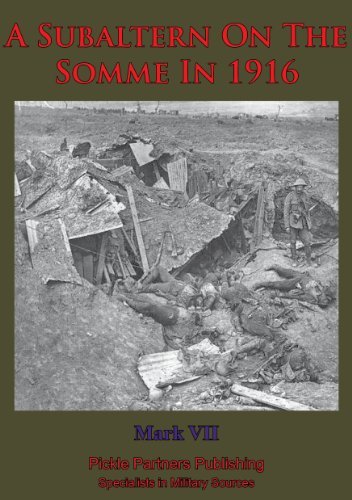What do you think?
Rate this book


193 pages, Kindle Edition
First published January 1, 1927
Side has lost his kit. A 5.9 dropped in his trench, while he was absent upon a business essential to health, and demolished the bay together with all Corporal Side's worldly effects in France. He is much aggrieved. I met him round a bend.
“I hear you’ve had a lucky escape”, I remarked.
“’The beggars ‘a got all my kit,’ he replied lugubriously.”
In civil life I believe he is a rag-picker, and the character of his profession adheres, as it will, to the man. He joined the battalion two years ago as a stretcher-bearer, and on the 1st of July carried stretchers under fire continuously for twenty-four hours. Anyone who knows the weight of a loaded stretcher and remembers the heat, the condition of the ground, and what the firing was like upon that day, will agree with me that the Victoria Cross would have expressed rather less than Side's deserts. However, he for his bravery was promoted to full corporal in the fighting-ranks.